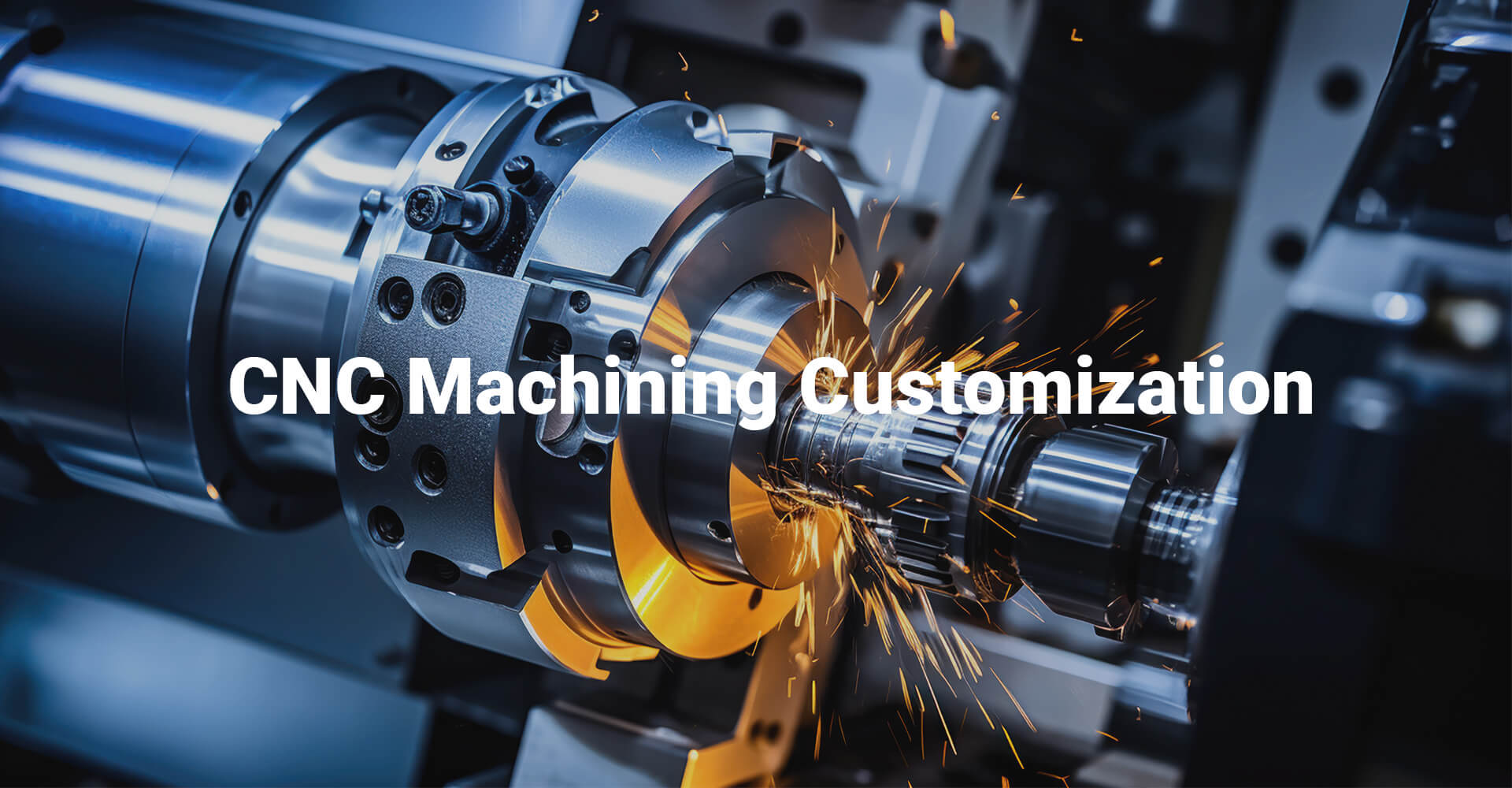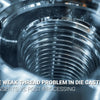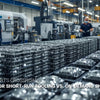Can Custom CNC Machining Revolutionize Manufacturing Precision?

Can Custom CNC Machining Revolutionize Manufacturing Precision?

Manufacturing is undergoing a remarkable transformation, and at the heart of this revolution lies custom CNC machining. But what makes this technology so groundbreaking, and how is it reshaping industries worldwide?
Custom CNC machining represents a quantum leap in manufacturing, offering unprecedented precision, flexibility, and efficiency. With the global manufacturing landscape evolving rapidly, businesses are increasingly turning to advanced CNC machining services to stay competitive and innovative.
As technology continues to advance, custom CNC machining emerges as a game-changing solution that bridges creativity and precision engineering. From automotive to electronics, this technology is redefining how we design and produce complex components.
[Table of Contents]
- What is Custom CNC Machining?
- Industries Benefiting from CNC Machining
- Technological Innovations
- Challenges and Cost Considerations
What is Custom CNC Machining and How Does It Work?
Understanding the intricacies of CNC turning is crucial to appreciating its transformative potential. Computer Numerical Control (CNC) machining is a sophisticated manufacturing process where pre-programmed computer software controls machinery's movement and tools.
Custom CNC machining takes this a step further by allowing manufacturers to create highly specialized components tailored to specific requirements. By programming precise specifications, companies can produce unique parts with tolerances as tight as a few micrometers.
The flexibility of CNC milling services enables rapid design iterations and quick production of complex geometries that traditional manufacturing methods simply cannot achieve.
Which Industries Benefit Most from Custom CNC Machining?
Multiple industries are leveraging the power of custom CNC machining to drive innovation. In automotive manufacturing, precision components are critical for performance and safety. Similarly, electronics manufacturing relies on intricate parts that demand extreme accuracy.
Key industries include:
- Aerospace
- Medical Devices
- Automotive
- Consumer Electronics
- Industrial Machinery
Each sector benefits from the ability to produce specialized parts that meet stringent performance and safety standards.
What Technological Innovations Exist in Custom CNC Machining?
Recent advancements have transformed CNC machining. Integration of AI, Internet of Things (IoT), and big data analytics now enable:
- Real-time machine monitoring
- Predictive maintenance
- Enhanced production efficiency
The emergence of 3D printing and rapid prototyping technologies further complements CNC machining, allowing faster iterations and more complex designs.
These innovations are making manufacturing more intelligent, adaptive, and cost-effective.
What Challenges and Cost Considerations Does Custom CNC Machining Face?
While incredibly powerful, custom CNC machining isn't without challenges:
- High initial setup costs
- Complexity requiring skilled operators
- Material availability constraints
Cost considerations vary based on:
- Design complexity
- Material selection
- Production volume
Despite higher upfront investments, long-term benefits often outweigh initial expenses through reduced waste and improved efficiency.
Conclusion
Custom CNC machining represents more than just a manufacturing technique—it's a gateway to innovation. As technology continues advancing, we can expect even more remarkable developments in precision manufacturing.
Specialized areas like industrial machinery and coffee equipment manufacturing will increasingly rely on these sophisticated techniques to push technological boundaries.
External Links Recommendation:
- Computer Numerical Control Machines Market Size Worth $162.16 Billion by 2032
- CNC Machine Tools Market Size to Hit $141.61 Billion by 2032
- CNC Industry Trends 2024: Embracing Evolution in CNC Machining
- CNC Machining and Turning Centers Market Report, 2030
-
CNC Machine Market - Industry Analysis and Forecast (2024-2030)





